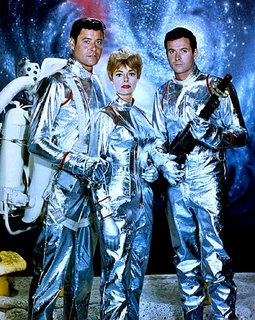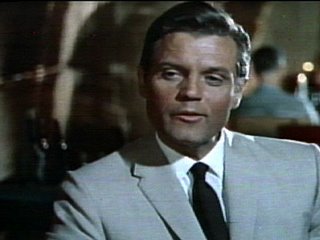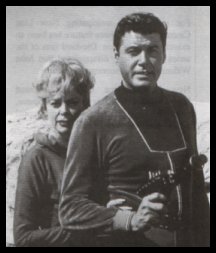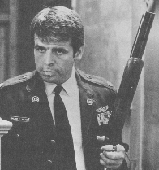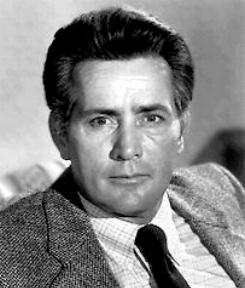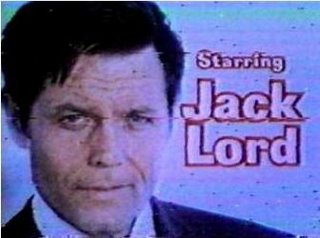Lessons Yet To Be Learned
The American public likes to think that it learned profound lessons from its experience in the Vietnam War. Don't go to war on behalf of a corrupt, weak client state. Don't oppose a foreign regime simply because it chooses a form of government other than democracy or an economy other than capitalism. Don't let the president commit US troops to a foreign country without informing the American people of his strategic goal and a reasonable timetable for accomplishing the goal. Don't uncritically accept official reports from Washington and the war zone that paint a rosy picture in spite of news reports to the contrary.
Yet here we are in 2007 and the military/political position in Iraq and Afghanistan is little better than that in 1967 in Saigon, South Vietnam. Once again, the American electorate allowed a president to unilaterally commit the armed forces to an open-ended mission in a nation where it is impossible to distinguish the good guys from the bad guys. George W. Bush sounds just as insincere expressing presidential regret over casualties as Lyndon B. Johnson did forty years ago. Soldiers lose limbs and lives in Iraq for the same pointless objectives that GIs did at Khe Sanh or Nha Trang; only the place names and the terrain are different.
How does America profit from the lessons of Vietnam? The American people should demand that Congress and the president abide by the US Constitution. The Cold War is long over. If American troops are to fight overseas, the issue should receive a complete and frank airing before the people's representatives in Congress. The president's powers as commander-in-chief do not entitle him to unilaterally commit the US military to combat. Only Congress has the power to declare war, and the president must ask for that declaration.
If the president asks Congress for a declaration of war, the American people deserve to know what will be asked of them. What is the objective, in strategic terms? Vague phrases like "restoring stability to the region," and "bringing democracy to the people" is not worth American lives or American treasure.
Despite rhetoric to the contrary, the United States of America is no longer a military superpower. America has limited resources to spend on war and extensive commitments to its own people. I hope either the Congress or the American public will, as Abraham Lincoln once said, "disenthrall ourselves, and then save our country."
Yet here we are in 2007 and the military/political position in Iraq and Afghanistan is little better than that in 1967 in Saigon, South Vietnam. Once again, the American electorate allowed a president to unilaterally commit the armed forces to an open-ended mission in a nation where it is impossible to distinguish the good guys from the bad guys. George W. Bush sounds just as insincere expressing presidential regret over casualties as Lyndon B. Johnson did forty years ago. Soldiers lose limbs and lives in Iraq for the same pointless objectives that GIs did at Khe Sanh or Nha Trang; only the place names and the terrain are different.
How does America profit from the lessons of Vietnam? The American people should demand that Congress and the president abide by the US Constitution. The Cold War is long over. If American troops are to fight overseas, the issue should receive a complete and frank airing before the people's representatives in Congress. The president's powers as commander-in-chief do not entitle him to unilaterally commit the US military to combat. Only Congress has the power to declare war, and the president must ask for that declaration.
If the president asks Congress for a declaration of war, the American people deserve to know what will be asked of them. What is the objective, in strategic terms? Vague phrases like "restoring stability to the region," and "bringing democracy to the people" is not worth American lives or American treasure.
Despite rhetoric to the contrary, the United States of America is no longer a military superpower. America has limited resources to spend on war and extensive commitments to its own people. I hope either the Congress or the American public will, as Abraham Lincoln once said, "disenthrall ourselves, and then save our country."





